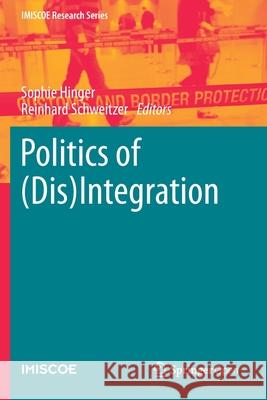Politics of (Dis)Integration » książka
topmenu
Politics of (Dis)Integration
ISBN-13: 9783030250911 / Angielski / Miękka / 2020 / 217 str.
Politics of (Dis)Integration
ISBN-13: 9783030250911 / Angielski / Miękka / 2020 / 217 str.
cena 201,24
(netto: 191,66 VAT: 5%)
Najniższa cena z 30 dni: 192,74
(netto: 191,66 VAT: 5%)
Najniższa cena z 30 dni: 192,74
Termin realizacji zamówienia:
ok. 22 dni roboczych.
ok. 22 dni roboczych.
Darmowa dostawa!
Kategorie:
Kategorie BISAC:
Wydawca:
Springer
Język:
Angielski
ISBN-13:
9783030250911
Rok wydania:
2020
Wydanie:
2020
Ilość stron:
217
Waga:
0.33 kg
Wymiary:
23.39 x 15.6 x 1.24
Oprawa:
Miękka
Wolumenów:
01
Dodatkowe informacje:
Wydanie ilustrowane











